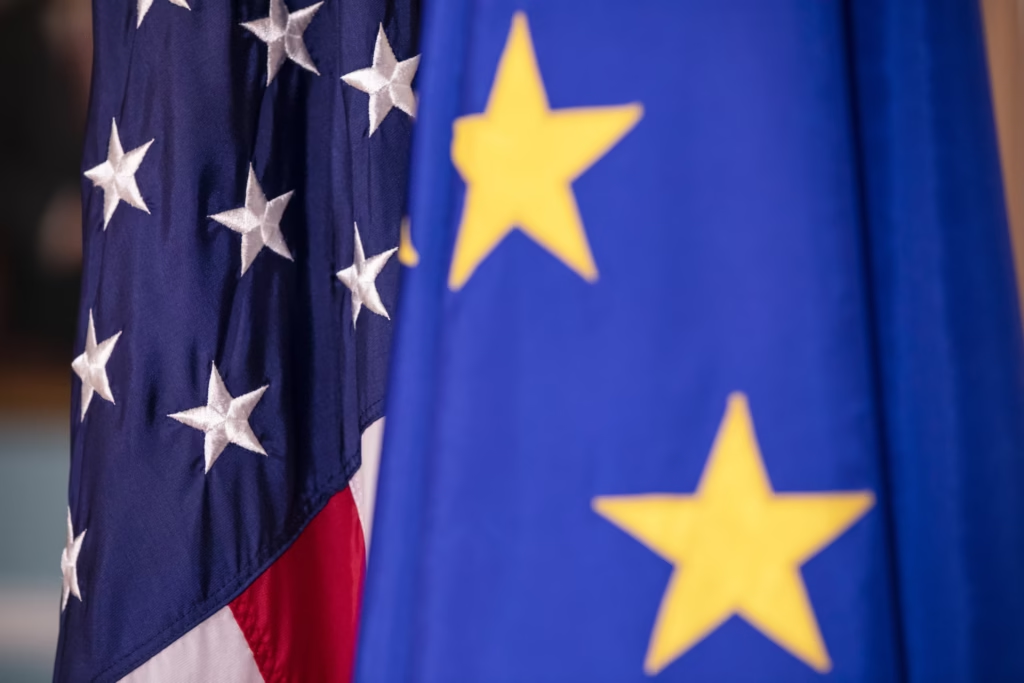
A newly finalized trade agreement between the European Union and the United States has ignited backlash from European leaders and key industry stakeholders, who argue that the deal unfairly favors U.S. exporters while placing heavier burdens on European producers.
The core of the dispute lies in a controversial clause that introduces a 15% tariff on a wide range of EU-manufactured goods, including automobiles, pharmaceuticals, and industrial components. Meanwhile, U.S. exporters are granted broader exemptions and streamlined customs protocols under the agreement.
French Prime Minister François Bayrou described the deal as a “dark day” for European industry, citing a lack of transparency during negotiations and warning that it may trigger job losses in already vulnerable sectors. Similar concerns were echoed by German and Italian trade ministers, who jointly called for a re-evaluation of the terms.
While EU officials argue that the agreement is necessary to avoid a full-blown trade war and restore diplomatic relations with Washington, critics say the short-term peace may come at a steep long-term cost. Industry groups such as BusinessEurope and the European Automotive Manufacturers Association (ACEA) have raised red flags about potential losses in competitiveness and innovation.
Some trade analysts believe the deal may reflect Europe’s weakened bargaining power post-Brexit, with the EU increasingly pressured to strike trade deals quickly amidst global supply chain tensions and inflation.
As the agreement takes effect, many are calling for additional safeguards to protect small and medium-sized enterprises (SMEs) and for increased dialogue with industry stakeholders before future deals are signed.
This development marks a turning point in transatlantic trade relations and underscores the need for a more balanced approach that ensures mutual benefits for both economic blocs.
Source:
Associated Press






